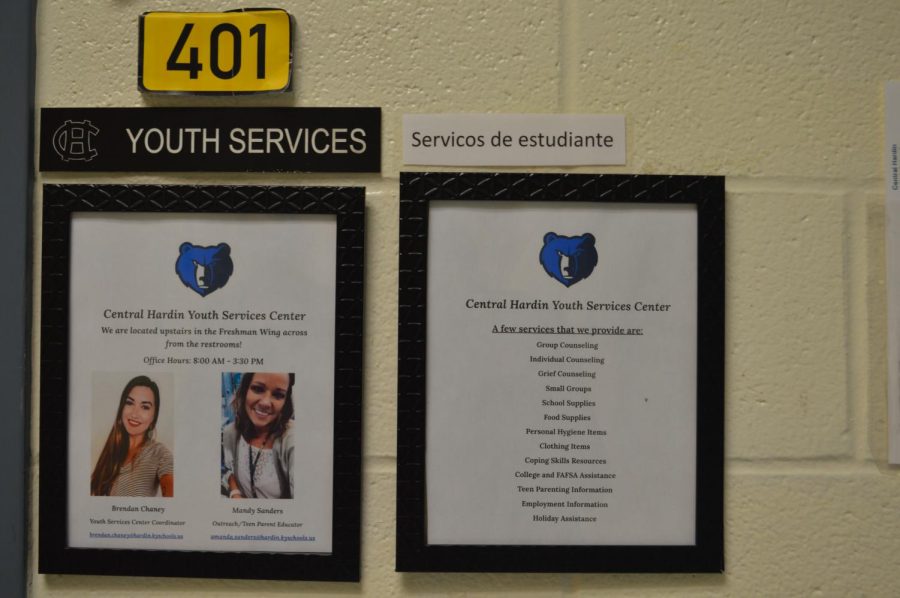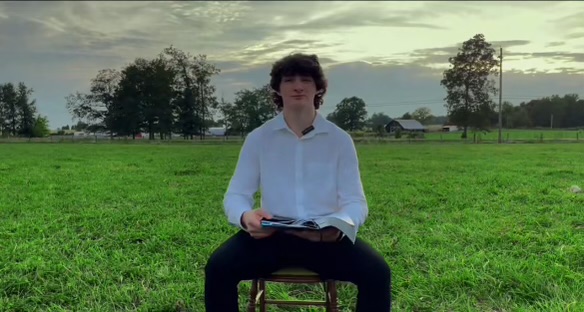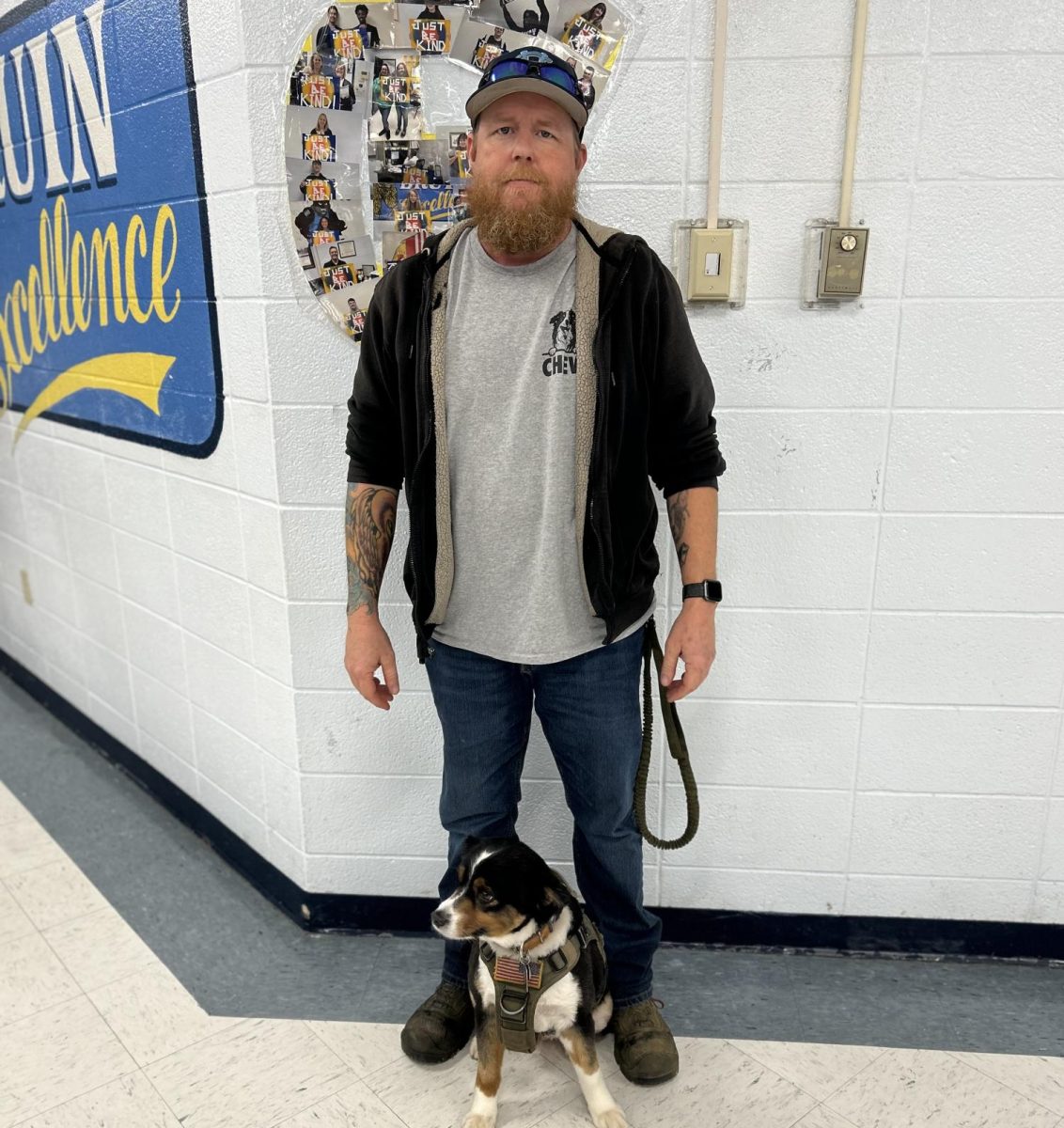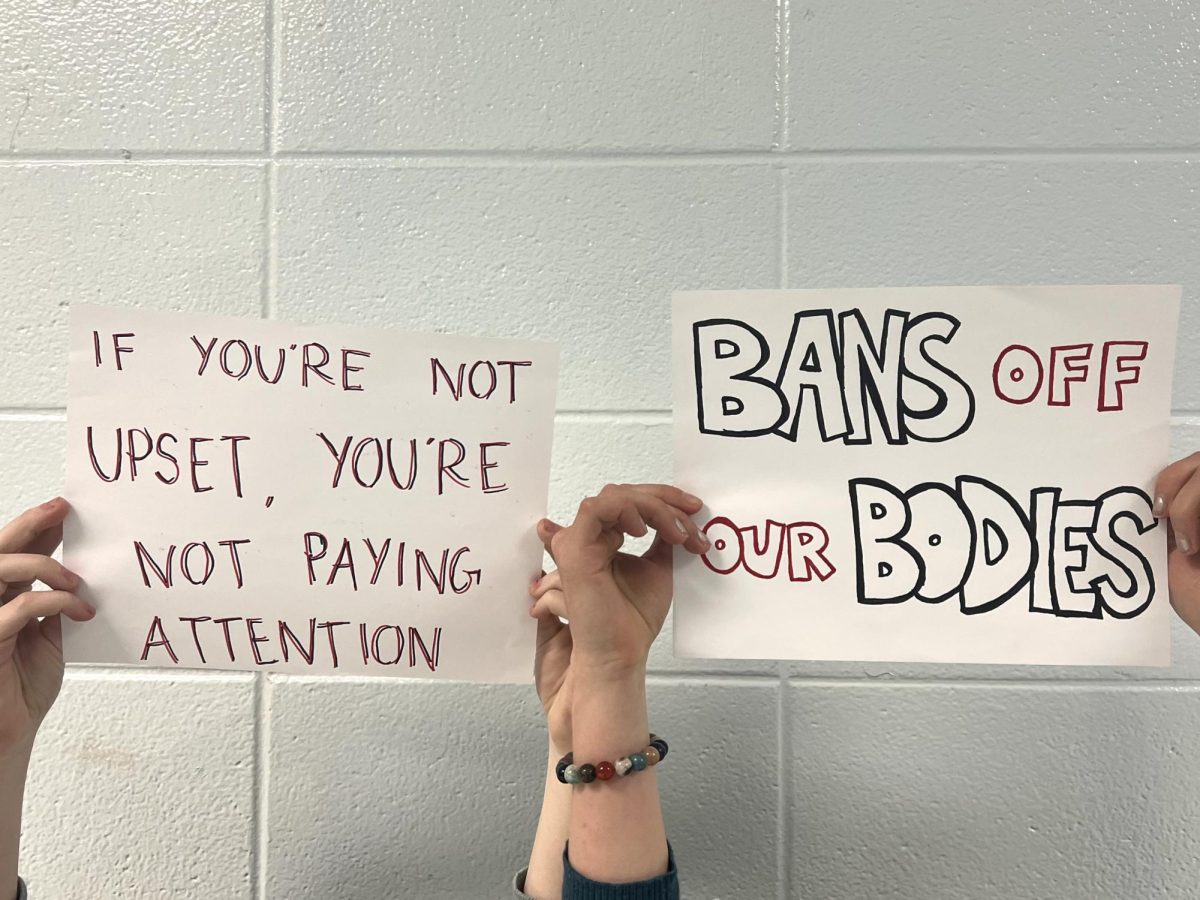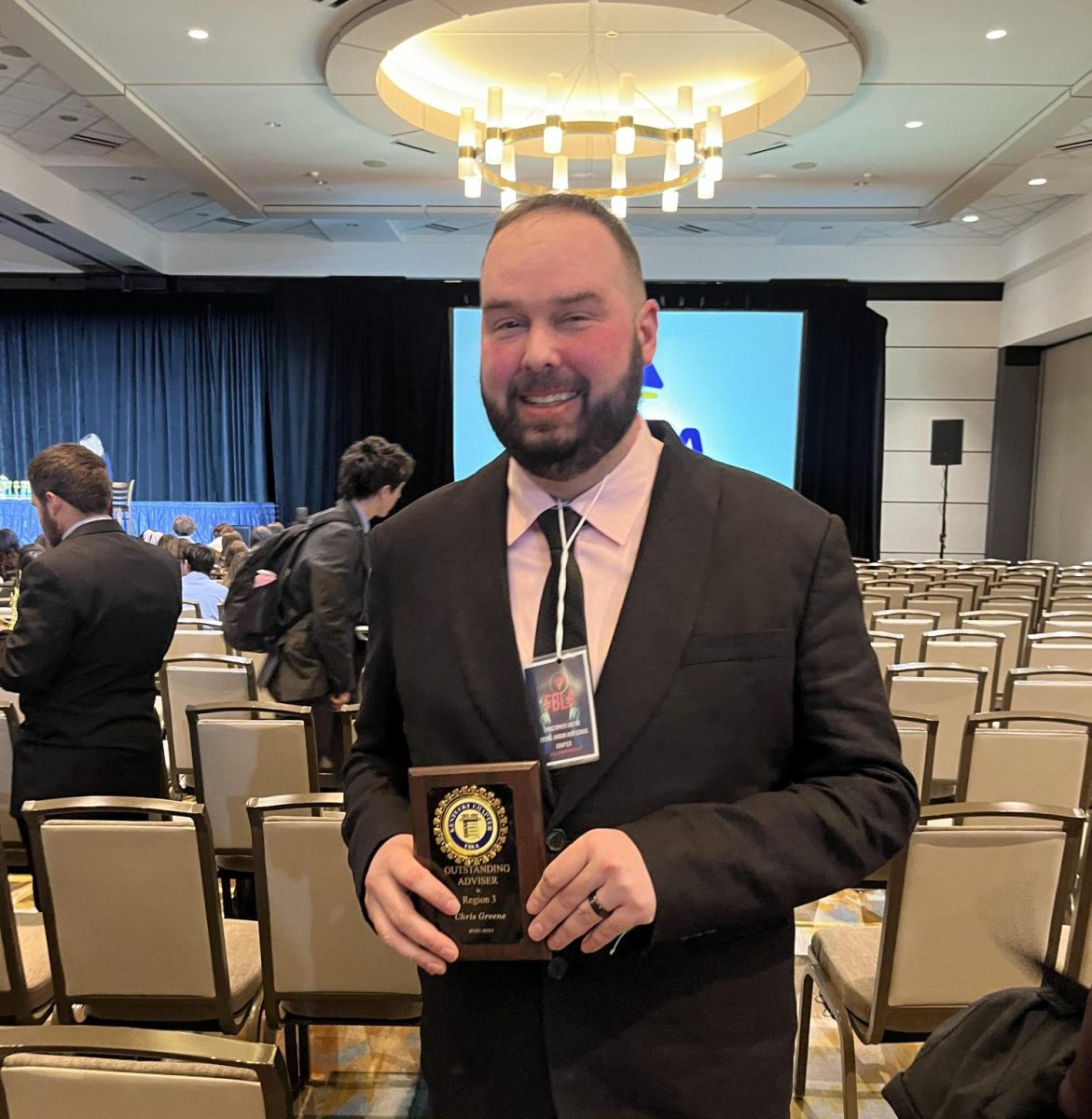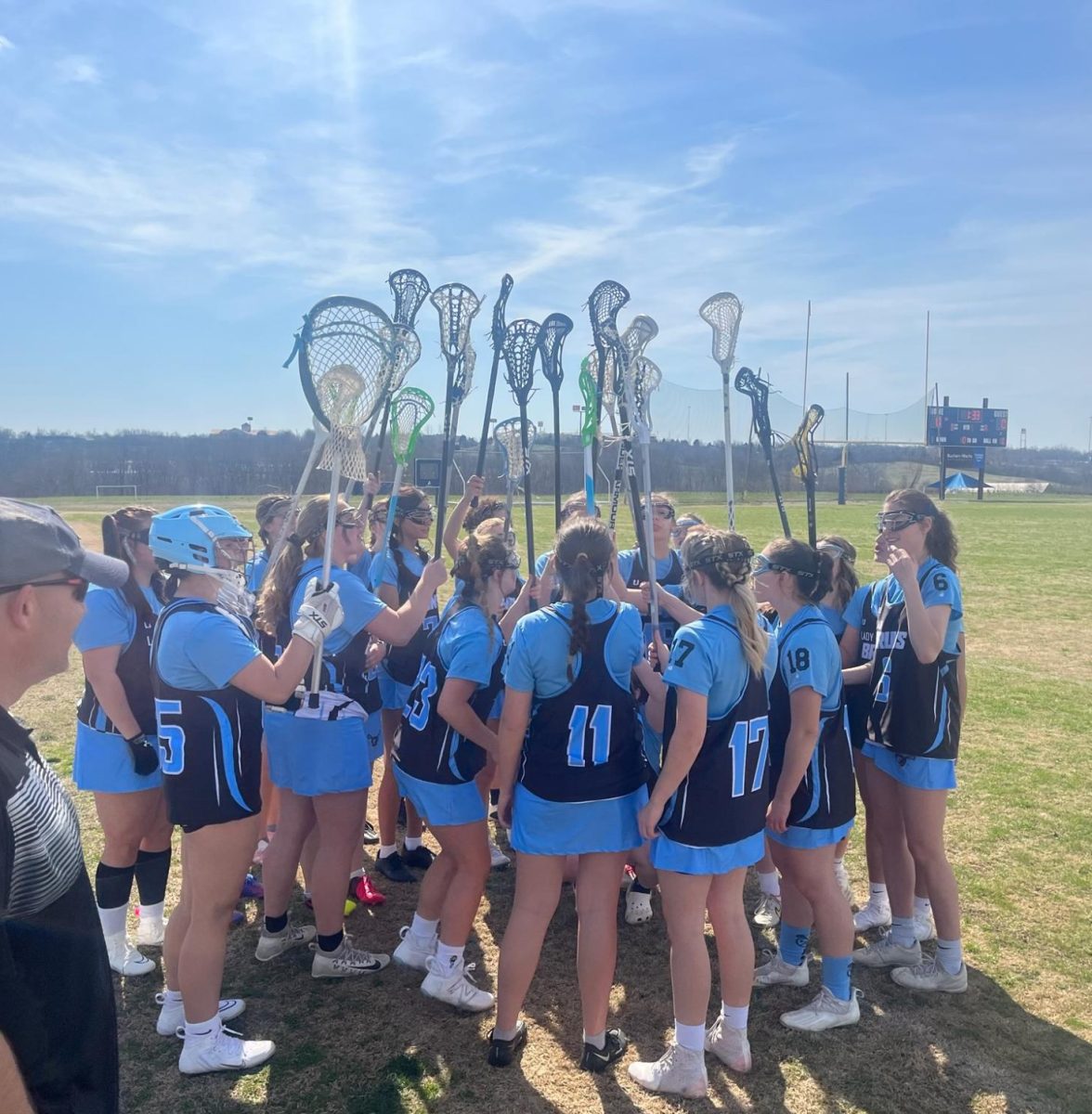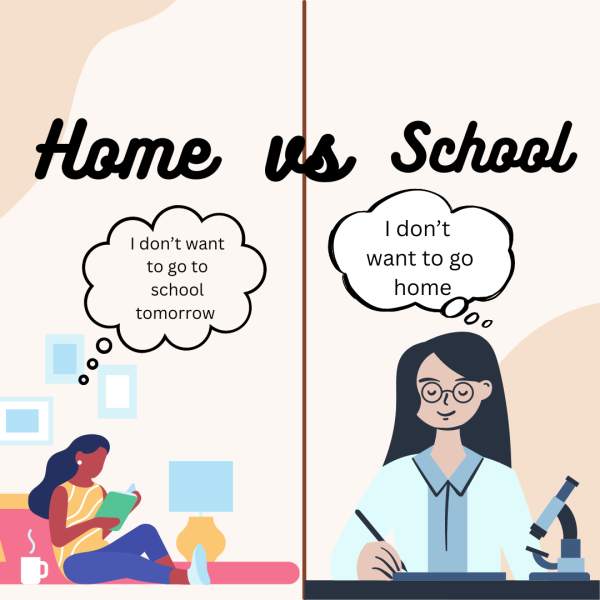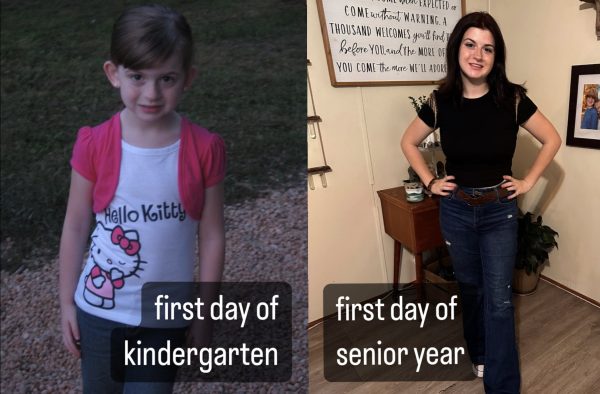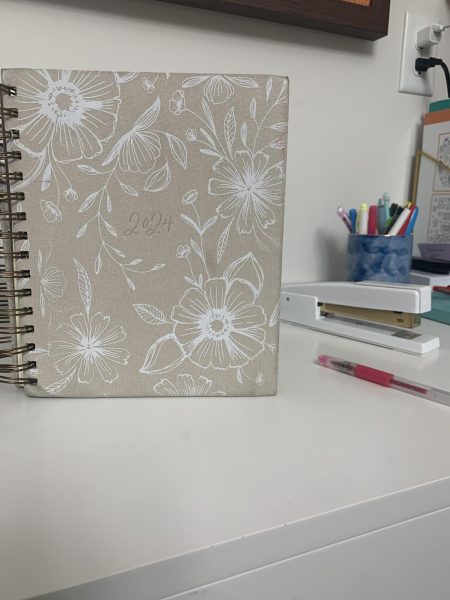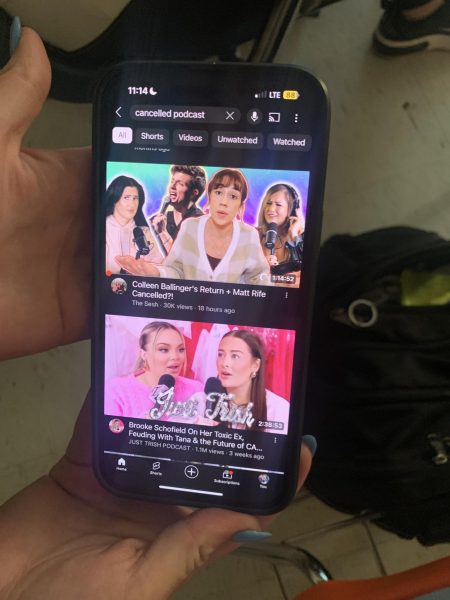The Unspoken Truth About Mental Health Within the Walls of Our School
November 18, 2021
Statistically, more than 1 in 3 high school level students suffer from some sort of mental health issue, according to the Centers for Disease Control and Prevention. To break this down for you, that means 10 students in your English class of 30 kids are battling a mental health problem. The truth is that this is not talked about enough. Help is obtainable and is not something to be ashamed of. So far this year, 87 students have reached out to the Youth Service Center for mental health help.
Since the start of the COVID-19 pandemic, students’ mental health has shown a steady decline. The mental health crisis during the aftermath of COVID has shown that 71% of students have noticed a decline in their mental health after the shutdown, according to a study done by Hoursin Methodist Hospital.
Luckily, CHHS offers an array of resources for our student body’s mental health. Even if you feel like your problems are not big or not worth getting help for, if it is affecting you in any way, not just academically, then it is worth getting that help. If you are feeling sad or upset, angry or frustrated, overwhelmed, and shut down, now is the time to reach out for help. Your feelings are valid and you matter to someone.
“Students and society are improving how they talk about mental health and how it is equally as important than physical health in some instances,” Youth Services Center Coordinator Brendan Chaney said. “It takes courage to ask for help and sometimes just needs someone to talk to can help”
Through the Youth Services Center in room 401, there are many resources for students who need mental health help. One of the resources in small groups. Even though coordinator Brendan Chaney and assistant Mandy Sanders are not licensed therapists, they do yearly training that deals with how to handle students’ mental health issues. They offer different small groups to discuss coping mechanisms for different mental health issues such as anxiety or social and emotional learning.
Another resource offered through the Youth Services Center is one on one therapist sessions through outside agencies if needed. In therapy, issues from depression, anxiety, grief, or anger can be addressed to help find coping mechanisms and to just talk about things.
The youth service center also offers a Yoga Club during FLEX. Yoga helps students’ mindfulness during the chaos of the school day.
A new club recently implemented by the youth service center is the Student Health Council. The Student Health Council is a positive environment where members can openly talk about mental health-related issues in the school and how to use different coping mechanisms. Here is a more in-depth link to what the Student Health Council is: “Student Health Council” by McKenzie Stambaugh
The road to recovery can be a long journey. It can be painful, it can be frustrating, and it can make you angry, but in the end, being able to live a life without those emotions completely controlling your day-to-day life is worth it.
According to Chaney, “it’s important to know that you are not alone.”

